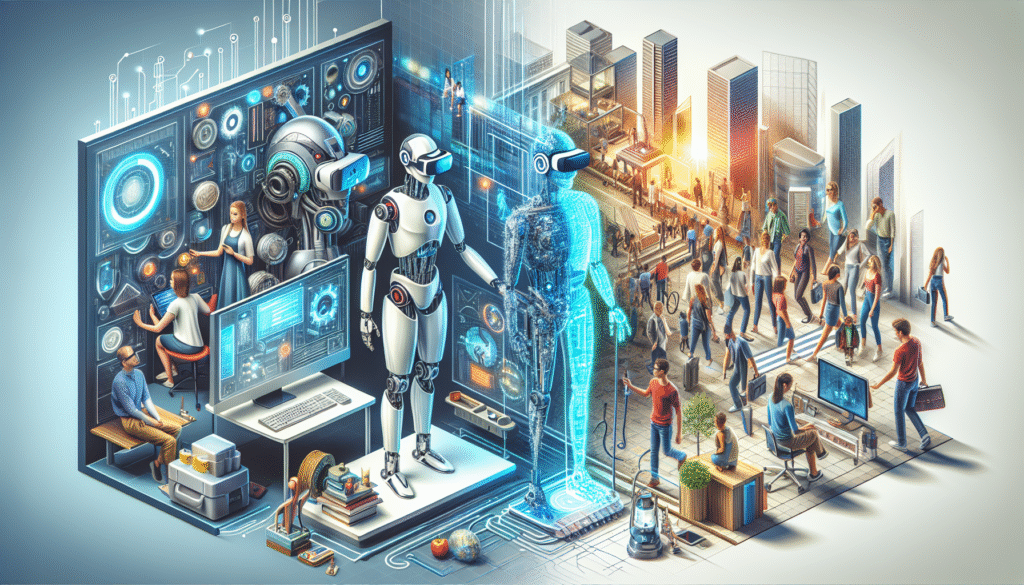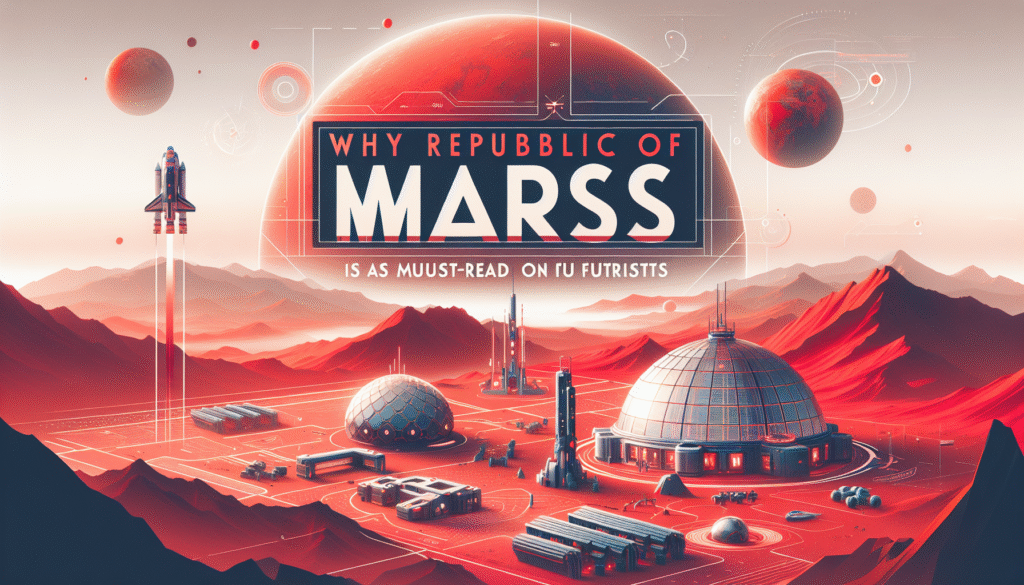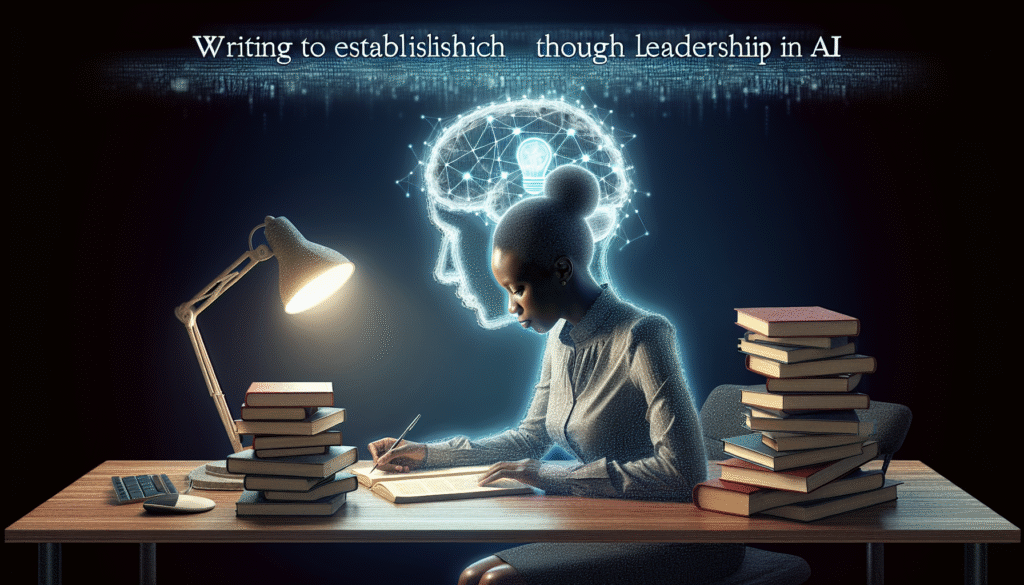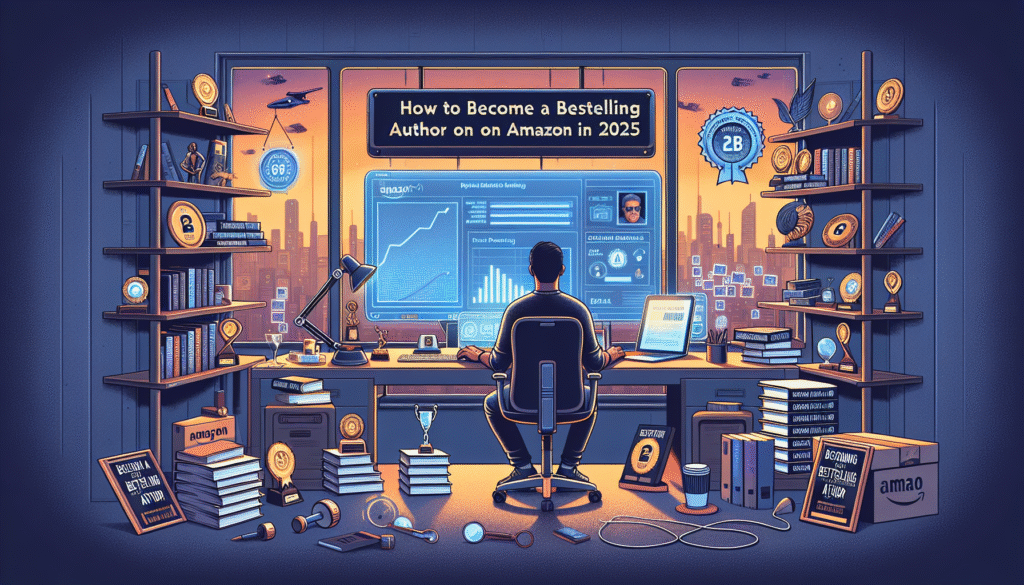As we progress through 2025, the landscape of artificial intelligence (AI) has transformed dramatically, not only in its technological capabilities but also in the way it is perceived and discussed across various domains. Thought leadership in AI has surged, with influencers, experts, and organizations stepping to the forefront to shape the narrative. This article explores the emergence of AI thought leadership, its key players, and the implications of this shift for society.
The Evolution of AI Thought Leadership
AI thought leadership is no longer restricted to tech-savvy entrepreneurs or scientists; it has broadened to include diverse voices from different sectors. Business leaders, ethicists, policymakers, educators, and even artists are increasingly participating in discussions about AI’s potential and pitfalls. This expansion reflects a growing recognition that AI will significantly impact multiple facets of human life, from healthcare to education, governance, and creativity.
1. Diverse Voices in AI Discourse
In 2025, the conversation surrounding AI is characterized by the inclusion of varied perspectives. The gender gap in the field is slowly closing, with more women and underrepresented minorities contributing to AI discourse. This diversification has enriched discussions, driving home the point that AI solutions must consider the needs of all segments of society, rather than reflecting a narrow worldview.
2. Ethics and Responsibility at the Forefront
As AI technologies become more integral to everyday life, ethical considerations have taken center stage. Thought leaders advocate for responsible AI practices, highlighting the importance of transparency, fairness, and accountability. Organizations such as the Partnership on AI and the AI Ethics Lab have carved out spaces for dialogue, pushing for ethical frameworks that ensure AI benefits society equitably.
3. Corporate Leadership and Innovation
Major corporations, realizing the potential impact of AI on their future, have begun to adopt a leadership role in shaping the narrative. Companies like Google, Microsoft, and OpenAI are not just developing technologies; they are also investing in thought leadership initiatives to define the responsible use of AI. They publish white papers, host forums, and collaborate with academics to set standards and address regulatory concerns, thereby influencing how AI technology will evolve and be governed.
The Role of Social Media and Online Platforms
In 2025, social media continues to be a double-edged sword in the realm of AI thought leadership. Platforms like LinkedIn, Twitter, and emerging decentralized forums have enabled experts to easily share ideas, spark discussions, and reach wider audiences. Influencers in AI, such as academics and industry leaders, utilize these platforms to publish insights and engage with stakeholders, contributing to a vibrant ecosystem of knowledge sharing.
However, this democratization of information also has drawbacks. Misinformation regarding AI risks spreading just as easily, emphasizing the need for critical thinking and media literacy among audiences. The ongoing challenge will be distinguishing credible voices from those pushing sensationalist narratives.
The Impact of AI Thought Leadership
As AI thought leadership continues to evolve, the implications are profound. Here are a few key areas where thought leadership is making a significant impact:
1. Policy and Regulation Development
The rising influence of AI thought leaders is shaping public policy. Governments and regulatory bodies are increasingly consulting experts to draft legislation that governs AI use and addresses concerns surrounding privacy, security, and bias. This trend suggests that the ethical use of AI will become a clarion call for politicians and regulators alike.
2. Educational Initiatives and Workforce Development
Thought leaders are fostering educational programs that prepare the workforce for an AI-driven economy. Partnerships between tech companies and educational institutions aim to integrate AI literacy into curricula while also promoting re-skilling and up-skilling initiatives for those displaced by automation. This proactive approach ensures that individuals are equipped to thrive in a changing job market.
3. Public Perception and Trust
Building public trust in AI is essential for its adoption. Thought leaders are pivotal in demystifying AI, addressing fears, and clarifying misconceptions. By fostering transparent communication, they help people understand AI’s capabilities and limitations, ultimately paving the way for more widespread acceptance and collaboration.
Conclusion
The rise of AI thought leadership in 2025 signifies a critical juncture in how society approaches artificial intelligence. With diverse voices contributing to the conversation, ethical considerations taking precedence, and organizations actively shaping the discourse, AI thought leaders are driving the development and implementation of responsible AI practices. As this trend continues to unfold, the future of AI holds promise—assuming we remain vigilant about its implications and committed to inclusive dialogue. The next five years will be crucial in determining how AI technologies shape the world for generations to come.











